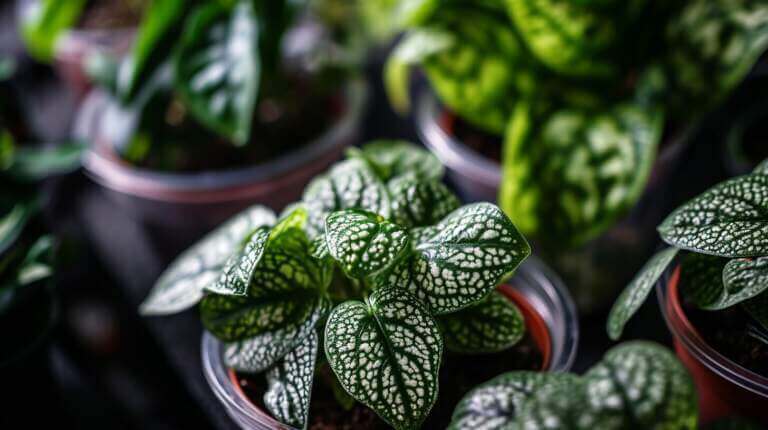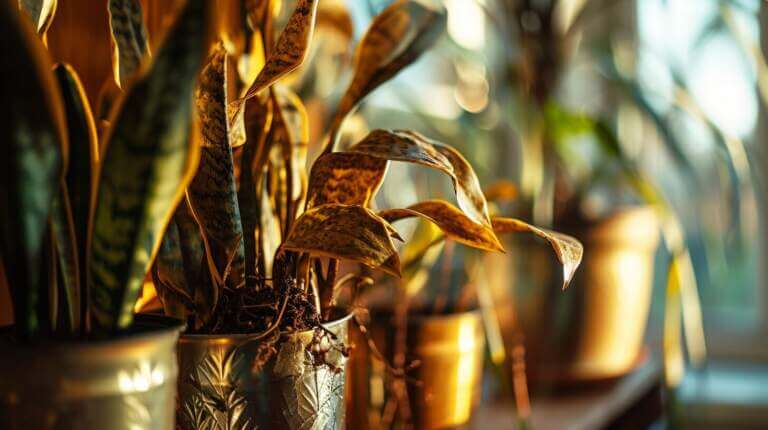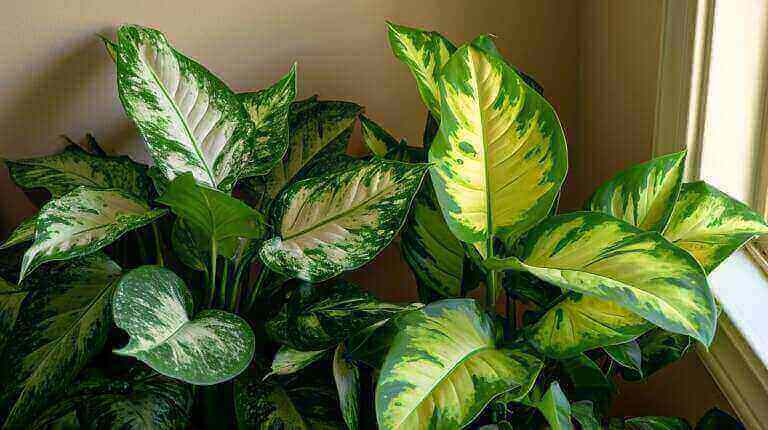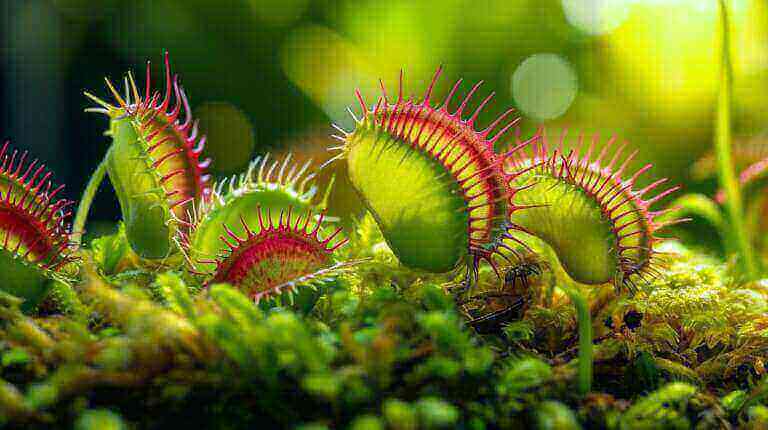Are Peperomia Toxic to Cats? Safety Tips for Pet Owners
As a pet owner, it’s crucial to ensure the safety of your furry friends, including when it comes to the plants you have at home. Peperomia plants are a popular choice for indoor houseplants, but if you have a cat, you may be questioning their safety. In this article, I’ll provide you with important information about peperomia plants and cats, along with safety tips to keep in mind.
Key Takeaways:
- Peperomia plants are considered non-toxic to cats, but excessive ingestion can cause digestive issues.
- Cats are obligate carnivores, and their diets should primarily consist of meat.
- Monitor your cat’s behavior around peperomias to prevent them from consuming large quantities.
- Consider adding other cat-safe plants to your home, such as African violets, Boston ferns, succulents, and spider plants.
- Take steps to keep your cat away from plants, like placing them in inaccessible areas and using cat deterrent sprays.
The Peperomia Plant and Cats
Peperomia plants, commonly known as radiator plants, are native to subtropical and tropical regions. With over 1,000 species and cultivars, they have become a popular choice for indoor houseplants. But what about their safety for cats and dogs?
According to the ASPCA, peperomia plants are considered non-toxic to cats. However, it’s important to note that while they may not be poisonous, cats are obligate carnivores and their digestive systems are not designed to handle large amounts of plant matter. Consuming excessive amounts of peperomia leaves can lead to digestive issues and stomach upset in cats.
To ensure the safety of our furry friends, cat owners should be cautious and monitor their cats’ behavior around peperomias. While they may not pose a great risk, it’s always better to be safe than sorry and prevent excessive ingestion.
Table: Plants Safe for Cats
| Plant | Safety |
|---|---|
| African Violets | Non-toxic |
| Boston Ferns | Non-toxic |
| Succulents | Non-toxic |
| Spider Plants | Non-toxic |
If you’re looking to add more greenery to your home while ensuring the safety of your cats, consider other plants that are considered safe. African violets, Boston ferns, and many succulents are non-toxic to cats, making them a great choice. Spider plants are also safe for cats and have the added benefit of air-purifying properties.
However, it’s important to note that even non-toxic plants can cause stomach upset if consumed in large quantities. Pet owners should always keep a watchful eye on their cats’ behavior around plants and take precautions to prevent excessive ingestion.
Other Plants That Are Safe for Cats
If you’re looking to add more greenery to your home but want to ensure the safety of your cats, there are several other plants that are considered safe for cats. These plants not only bring beauty and freshness to your living space but also provide a safe environment for your feline friends to explore.
African Violets
African violets (Scientific name: Saintpaulia) are known for their vibrant flowers and fuzzy leaves. These petite plants are non-toxic to cats and can add a pop of color to any room. They prefer bright, indirect light and well-draining soil, making them the perfect addition to your cat-friendly indoor garden.
Boston Ferns
Boston ferns (Scientific name: Nephrolepis exaltata) are elegant and lush plants that thrive in high humidity and indirect light. They are safe for cats and can be a beautiful focal point in your home. Just make sure to keep the soil moist and mist the leaves regularly to create a humidity-rich environment that your fern will love.
Succulents
Succulents, such as echeverias, jade plants, and haworthias, are trendy and low-maintenance plants that are safe for cats. These water-storing plants come in a variety of shapes, colors, and textures, making them a versatile choice for any cat-friendly space. They require bright, indirect light and infrequent watering, making them ideal for busy pet owners.
Spider Plants
Spider plants (Scientific name: Chlorophytum comosum) are not only safe for cats but also known for their air-purifying properties. These cascading plants feature long, arching leaves with white stripes, creating a visually appealing display. Spider plants thrive in bright, indirect light and moderate watering, making them a perfect addition to your cat-friendly home.
Remember, even though these plants are safe for cats, it’s important to monitor your furry friend’s behavior around them. Some cats may still be curious and nibble on the leaves, which can cause mild stomach upset. If you notice any unusual behavior or symptoms in your cat, it’s best to consult with your veterinarian.
| Plant | Safety for Cats |
|---|---|
| African Violets | Non-toxic |
| Boston Ferns | Non-toxic |
| Succulents | Non-toxic |
| Spider Plants | Non-toxic |
Keeping Your Cat Away From Your Plants
To ensure the safety of your cat and your plants, it’s important to take steps to keep your cat away from your plants. One effective method is to carefully consider the placement of your plants. Choose areas that are inaccessible to your cat, such as high shelves or hanging baskets. It’s important to keep in mind that cats are agile climbers, so make sure there are no surfaces they can jump from to reach the plants.
If you find that your cat is particularly persistent in approaching certain plants, you can try using a cat deterrent spray. These sprays are specifically designed to naturally discourage cats from approaching certain areas or objects. Just be sure to choose a cat-safe deterrent spray, as some products may contain harmful ingredients.
It’s also crucial to be aware of the potential toxicity of plants in your home. Even if a plant is considered non-toxic to cats, consuming large amounts can still lead to stomach upset. To err on the side of caution, it’s best to keep all plants out of reach and to monitor your cat’s behavior around them. If you suspect that your cat has ingested a toxic plant or is showing signs of distress, contact your veterinarian immediately.
FAQ
Is Peperomia toxic to cats?
No, Peperomia is generally safe and is considered non-toxic to both cats and dogs. However, individual cats may have different reactions to this plant.
What are the common varieties of Peperomia that are safe for cats?
Common varieties of Peperomia that are safe for cats include Watermelon Peperomia, Peperomia Caperata, Peperomia Obtusifolia, Ripple Peperomia, and Peperomia Ferreyrae. These are all deemed safe for pets.
What happens if a cat chews on a Peperomia plant?
While Peperomia is non-toxic, if a cat chews on the plant, it may experience mild irritation in the mouth or stomach. In some cases, it may cause vomiting or diarrhea.
Are all types of Peperomia safe for cats?
Yes, all types of Peperomia, including the Baby Rubber Plant and Peperomia Polybotrya, are safe for cats. They are part of the Piperaceae family, which is non-toxic to pets.
What should I do if my cat has a negative reaction to a Peperomia plant?
If your cat shows signs of irritation, vomiting, or diarrhea after contact with a Peperomia plant, contact the Animal Poison Control at 1-888-426-4435 or the Pet Poison Helpline at 1-855-764-7661.
How should I keep my Peperomia plants to ensure pet safety?
Even though Peperomia is non-toxic, it’s best to keep your Peperomia plants out of reach of your pets to prevent any potential irritation.
Are Peperomia plants good indoor plants?
Yes, Peperomia plants are excellent indoor plants. They share similar care requirements, making them easy to care for. However, overwatering can lead to root rot.







